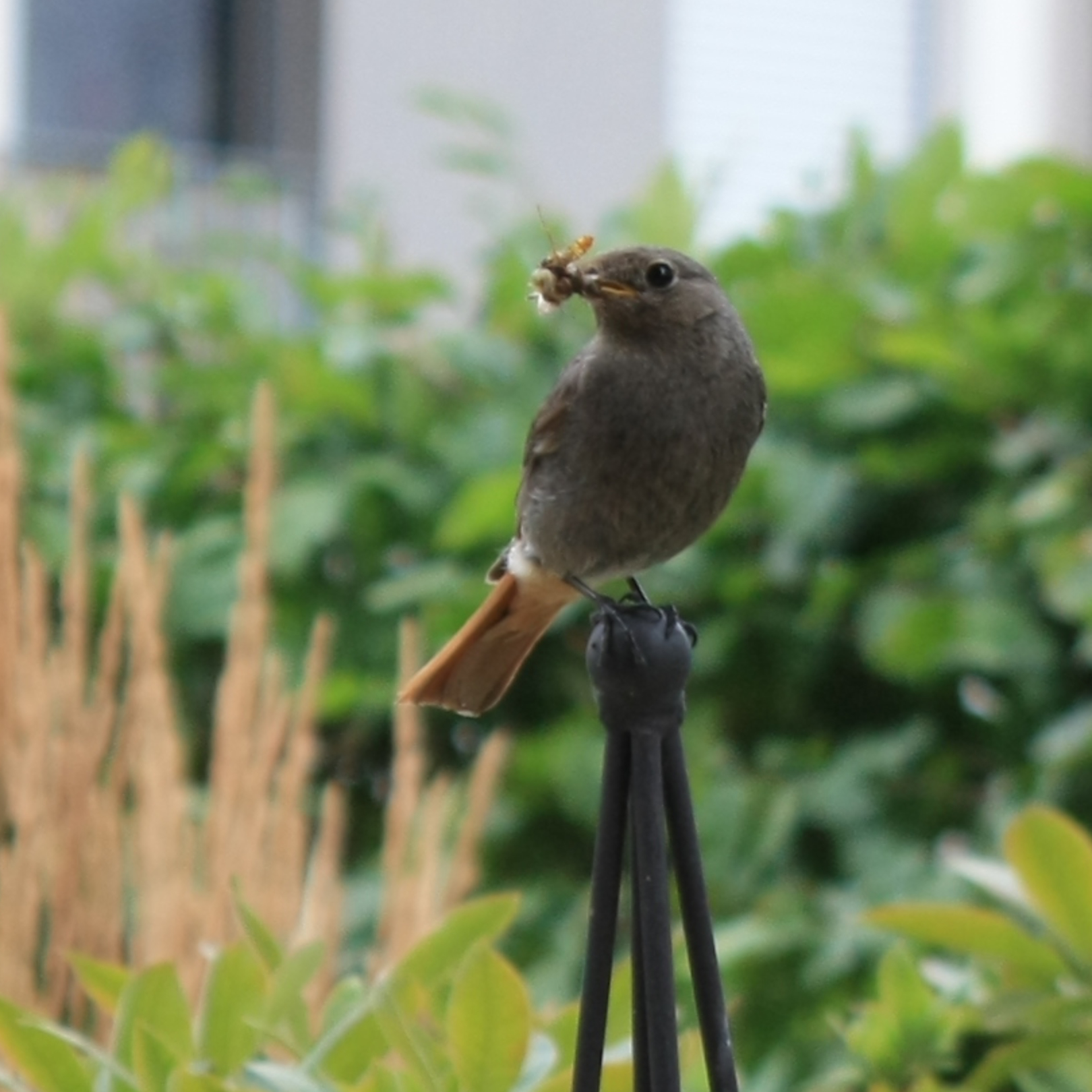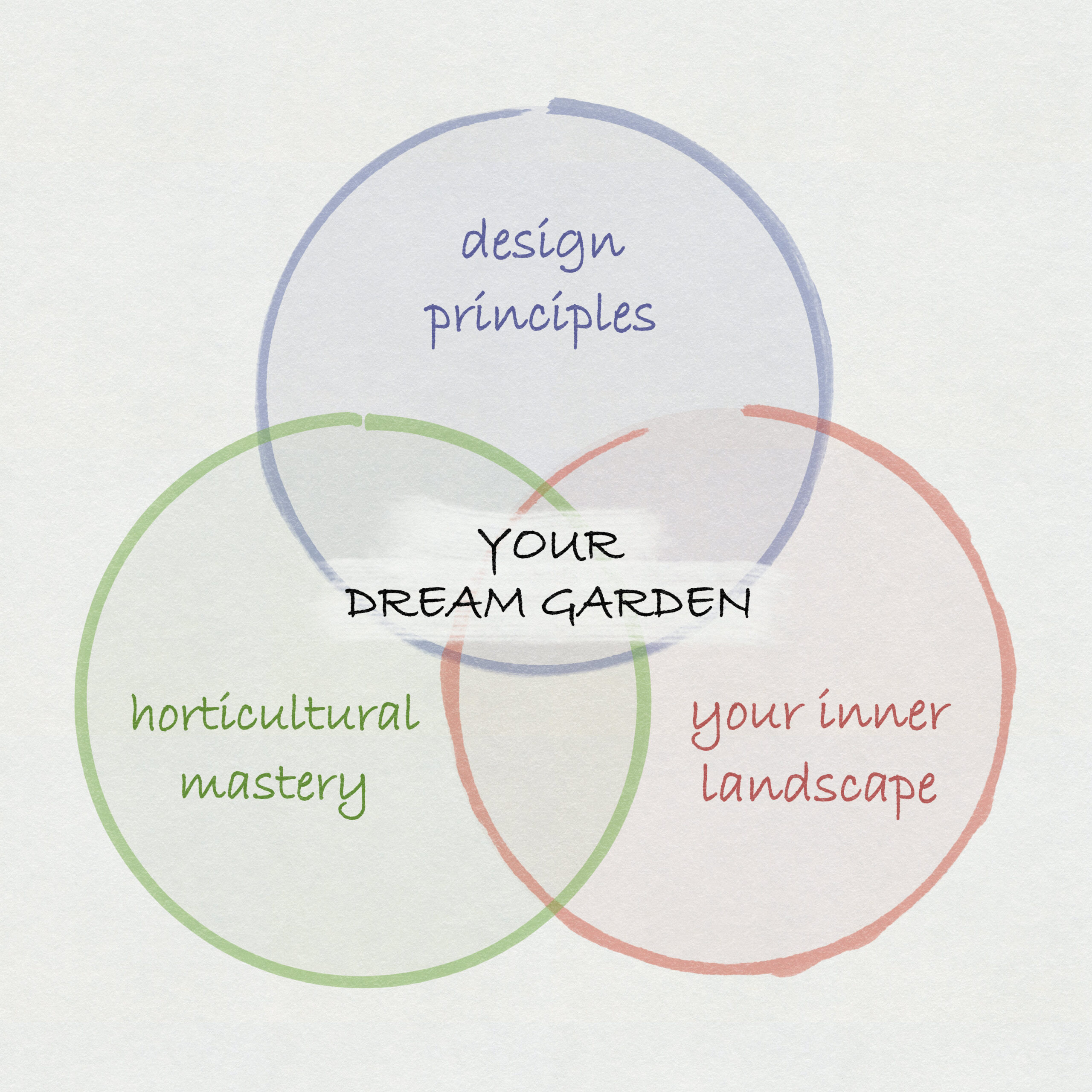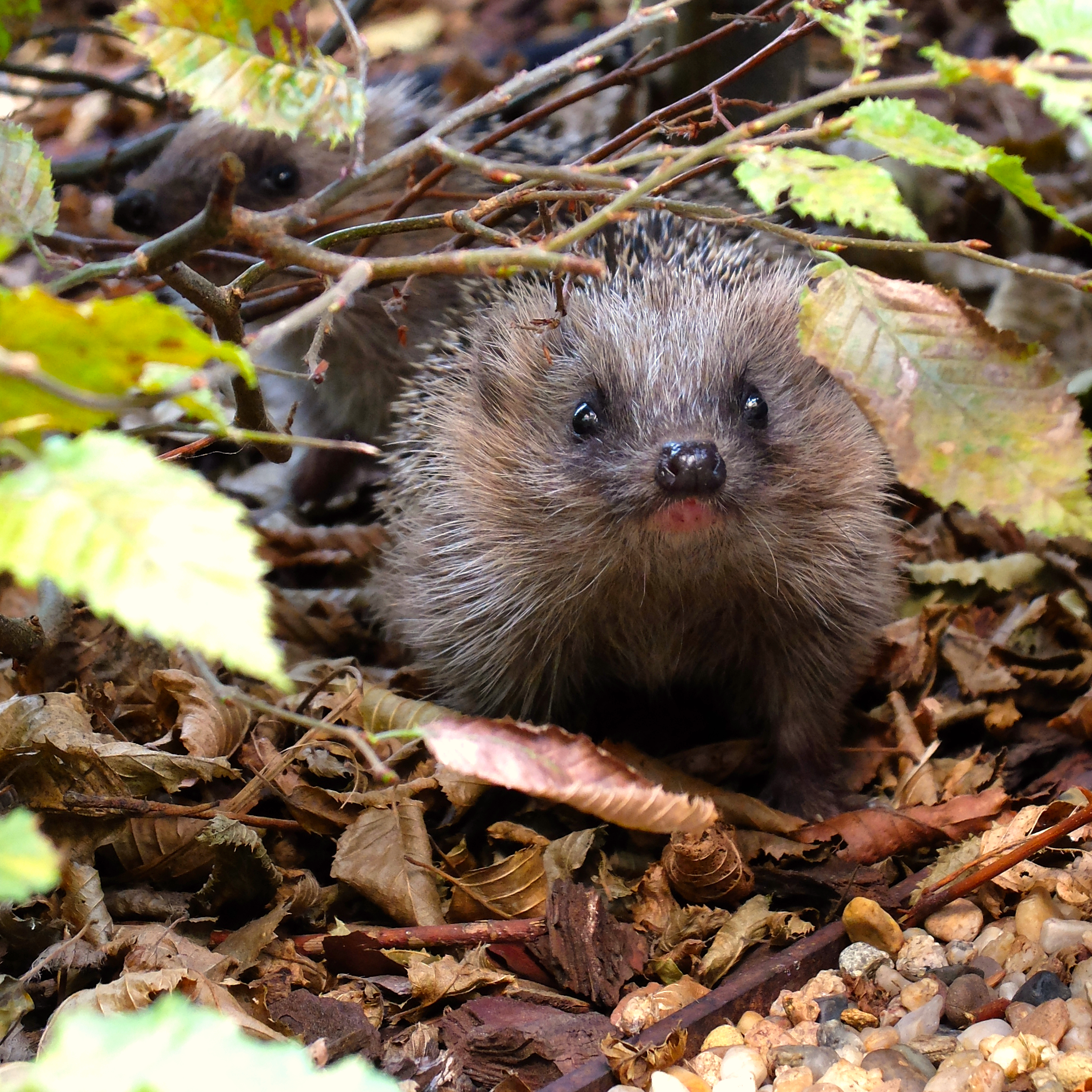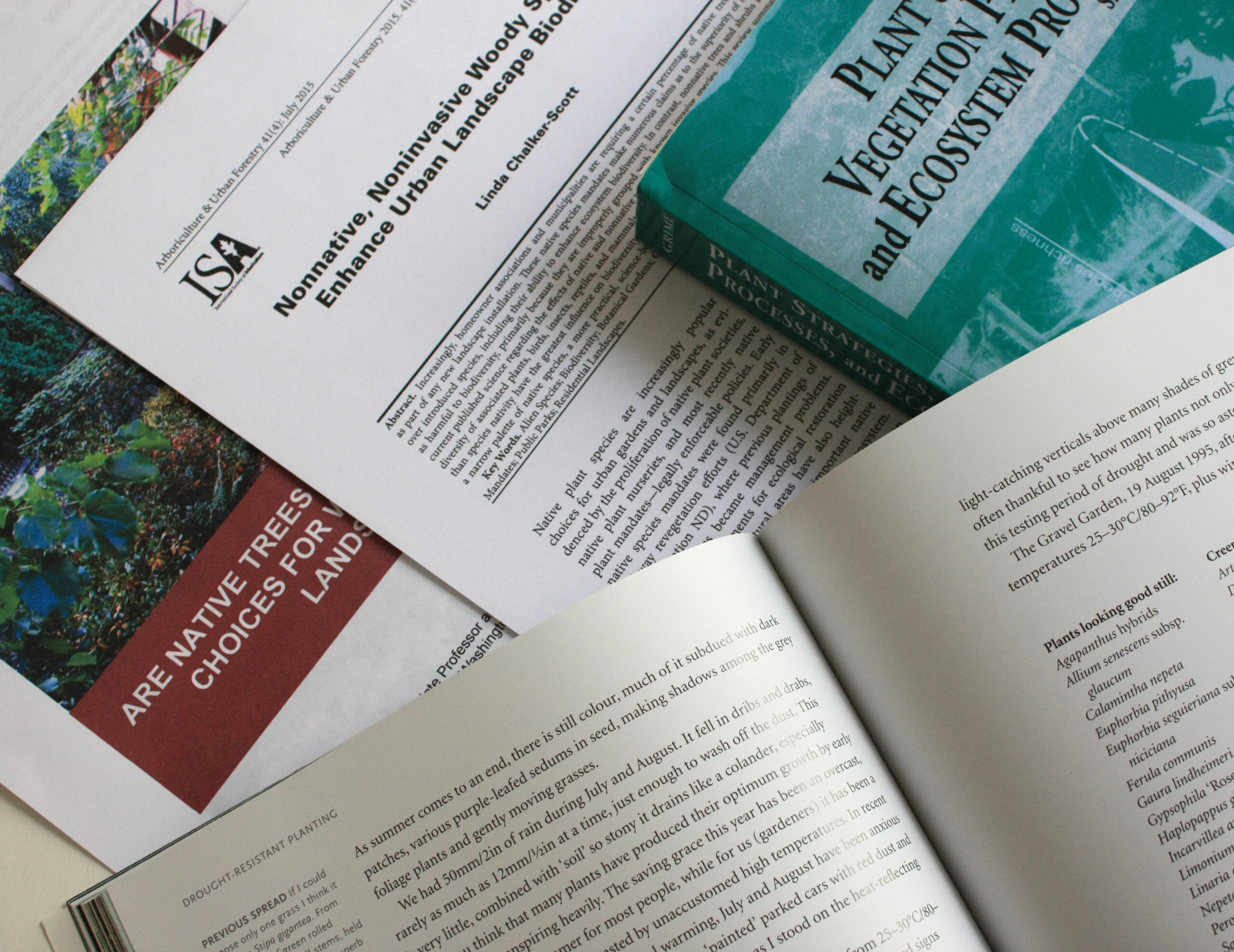“I want everything we do to be beautiful. It’s the way I want to live my life.” – Saul Bass

Who I am
I am a qualified garden designer with a PhD in Biology. I graduated with a diploma with distinction in Residential Garden and Landscape Design from the Oxford College of Garden Design in England. I also have two decades of experience as an academic researcher in the fields of systems biology and the neuroscience of individual brain development.
I grew up on the outskirts of Warsaw at a time when the city was underdeveloped and full of ruderal meadows. Abandoned wild gardens were my secret playgrounds. I also spent long summer holidays in the countryside, among forests, lakes and mountains, picking berries and mushrooms. All these experiences shaped my current affection for nature. In my design work I always try to capture the essence of natural landscapes from the perspective of the client’s experience of them.
Now I live in Dresden with my husband and a rambunctious dog. When I am not at home, which is also my studio, you can find me on a forest trail or soaking my feet in a mountain stream.
What I do
I am passionate about helping homeowners bring nature-infused gardens to life. I offer a wide range of services from expert advice to complete garden design packages from concept to completion.
I firmly believe that designing gardens with the environment in mind does not mean sacrificing beauty or function. I specialise in ecological garden design, where lush, naturalistic planting is framed by elegant garden architecture.
In my studio I draw on a canvas of modern principles in garden design, learned from mentors such as landscape architect and author John Brookes (the father of contemporary British garden design), Anthony Paul, Luciano Giubbilei, Susan Dunstall and Duncan Heather. On the other hand, I use my knowledge of biology to integrate gardens into natural ecosystems so that they can support declining biodiversity.
Why I do it
A combination of a strong aesthetic sense and an awareness of how much human wellbeing is influenced by the environment has led me to switch my career from scientific research to garden design. My mission is to improve our living spaces through better gardens and to reconnect us with nature. I am convinced that gardens are important—for us, here and now, and for future generations.
Where I work
I work primarily in the Dresden area, but am happy to consider projects elsewhere in Germany, as well as in Northern, Eastern and Central Europe. I can work remotely or in hybrid format with more distant clients.

Bespoke by design
Whether it is a planting plan for a corner of the garden, or a complete garden redesign, the guiding principle of my studio is to create personalised designs that are focused on your needs. In many cases this means going beyond the list of features, lifestyle and aesthetic preferences.

Would you like to connect with your favourite holiday spots through your garden? How can your core values be incorporated into the design? How do you feel about experimentation and change? Do you seek novelty? Conversely, how much order and predictability do you need to feel comfortable? Do you want an intimate, hands-on relationship with your garden, or is it just a stage for other activities? Are details important to you?
These aspects are part of your unique ‘inner landscape’ that we explore at the beginning of the design process. I use a detailed questionnaire to make this step easy and structured.
Hiring a garden designer means hiring a professional community
Always moving forward, I make it a priority to keep abreast of the latest ideas, techniques and science to give you the most up to date advice. I keep in touch with my UK and international garden design colleagues through regular networking at The Society of Garden and Landscape Designers and Garden Masterclass. I am also a junior member of the bdla – German Association of Landscape Architects.

Sustainability and ecology
A new garden, even a very small one, is an opportunity to create a sanctuary for wildlife. Scientific studies show that private gardens can play an important role in connecting landscapes and providing valuable habitats for native species. A nature-oriented, plant-rich garden therefore benefits local biodiversity and ecology far beyond the garden fence.
What is more, when we take action to garden in harmony with nature, we feel empowered, knowing that our actions matter. The garden is one of the few areas of modern living where it is possible to have a greater positive impact on the natural environment by doing more, not less. And none of this has to be at the expense of beauty and sensual pleasure.
On the other hand, building a garden inevitably has some negative environmental impacts. This is mainly associated with the sourcing and production of hardscape materials such as concrete, stone, metal or wood and, to a lesser extent, the production of garden plants. On site, soil disturbance and removal of vegetation can disrupt the existing ecology.
One of the most important ways to reduce the negative impact of a new garden is to ensure its longevity. That is why I design gardens with a long-term perspective, taking into account climate change.
We can also reduce negative impacts by choosing materials and construction methods carefully. I make sure that the proposed design protects the root zones of existing trees. Choosing plants that are appropriate to the existing conditions minimises the waste of energy and water. In addition, a high proportion of planting can offset the carbon footprint of the construction within a few years of planting.



